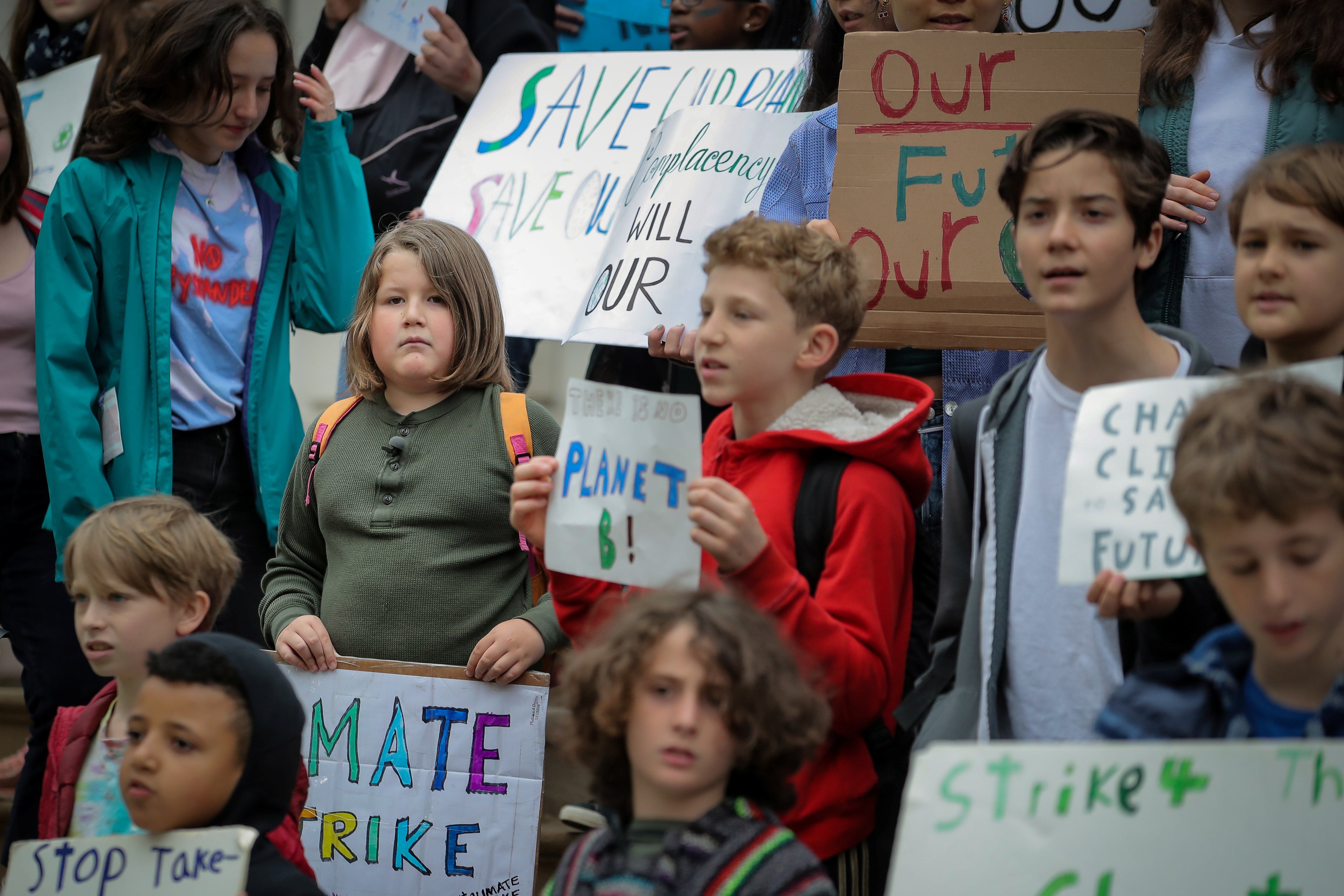August 17, 2023
While climate change lawsuits are nothing new, most get thrown out of court. But one brought by young people aged 5 to 22 in Montana – the first-ever constitutional challenge of its kind in the US – made it to trial this summer. And on Monday, the judge seemed to set a major precedent by ruling that the plaintiffs have a constitutional right to a healthy environment. She also ruled that the state must consider climate change and environmental impacts when evaluating new projects.
The plaintiffs claimed the state had violated their right to “a clean and healthful environment in Montana for present and future generations,” a provision that’s been in the state constitution since 1972. Scientists testified about the detrimental effects of greenhouse gas emissions in Montana, blaming them for recent droughts, higher temperatures, longer wildfire seasons, and limited snowfall. The young plaintiffs also testified, speaking about the effects of climate change they had experienced.
The ruling could affect the state’s mining industry, which added $1.7 billion to the state's GDP in 2022, because it invalidates a law enacted by Republicans earlier this year prohibiting regulators from considering the climate change effects of new mining and oil and gas extraction projects.
But that will depend on whether the ruling sticks. The impact this case has depends on what happens next both within and outside Montana. The ruling came from a state court, not a federal one, which means it has no teeth beyond Montana’s borders and cannot be applied to national regulations, says Franck Gbaguidi, Eurasia Group’s director of Energy, Climate & Resources.
Moreover, there are potential avenues of appeal in various higher courts, Gbaguidi notes.
But if the ruling manages to stand, Our Children's Trust, an environmental organization that represented the Montana plaintiffs, will be poised to help others fight several cases – it has, in fact, already filed dozens of similar lawsuits in other states.
More For You
With the US leading production and China driving new reactor development, Bank of America breaks down the who, what, where, when, and why behind nuclear’s return. Stay ahead of global energy trends with Bank of America Institute.
Most Popular
Walmart sponsored posts
Walmart’s $1 billion investment is strengthening associate careers
Sponsored posts
Global technology leaders launch Trusted Tech Alliance
- YouTube
Michael Froman explains how the world is adjusting to Trump’s more transactional and unilateral approach to global power.
- YouTube
How is the US is reshaping global power dynamics, using tariffs and unilateral action to challenge the international order it once led? Michael Froman joins Ian Bremmer on GZERO World to discuss.
- YouTube
China was largely absent from the core conversations at the 2026 Munich Security Conference. That, says Ian Bremmer, is telling.
© 2025 GZERO Media. All Rights Reserved | A Eurasia Group media company.
